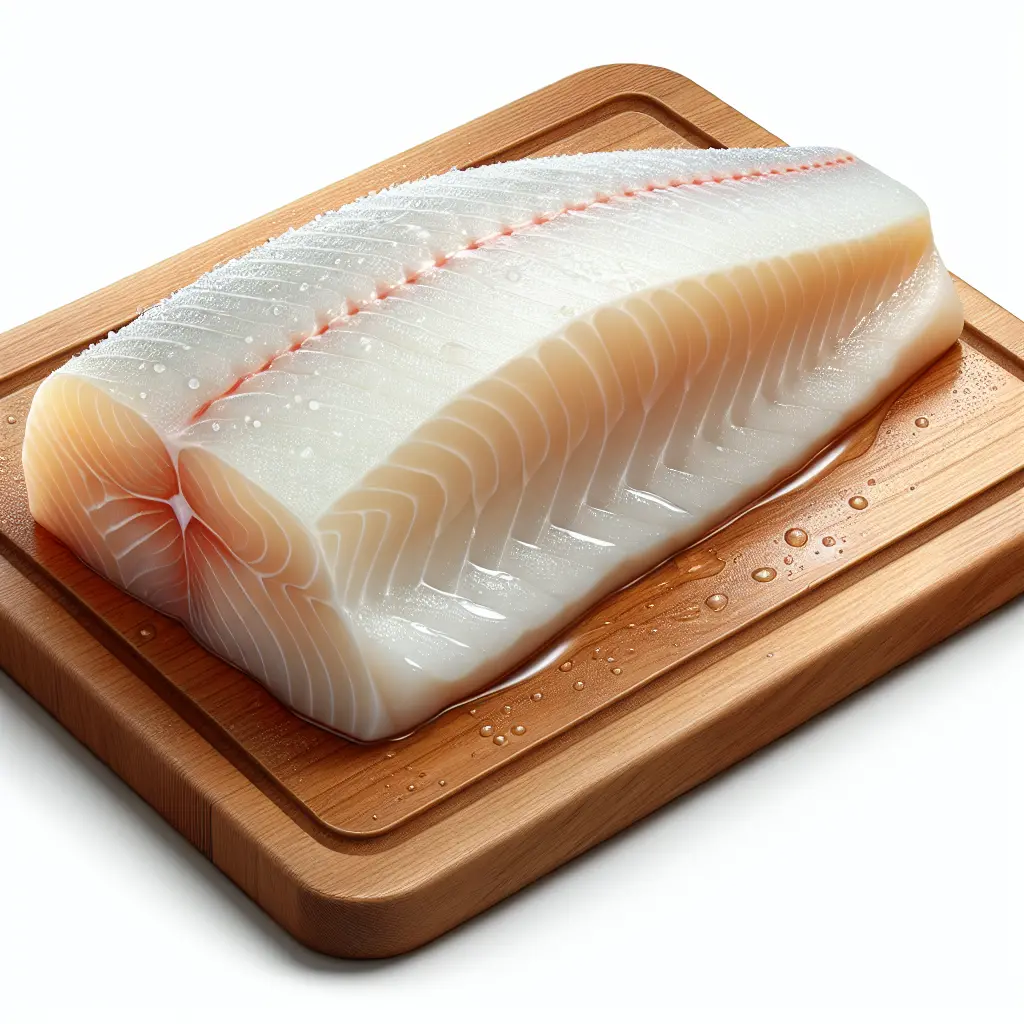Cod Fish: An Overview
Cod fish, a widely consumed type of whitefish, is renowned for its delicate flavor and adaptability in the kitchen. Its scientific name, Gadus morhua, reflects its classification within the Gadidae family. Cod inhabits the cold waters of the North Atlantic and Pacific Oceans and is a staple in various cuisines worldwide.
Nutritional Profile
Cod is an excellent source of essential nutrients, making it a valuable addition to any healthy diet. A 100-gram serving of cooked cod fish provides the following:
- Calories: 189
- Protein: 41 grams
- Fat: 1.5 grams
- Carbohydrates: 0 grams
- Fiber: 0 grams
- Sugar: 0 grams
Cod's high protein content supports muscle growth and repair, while its low fat and carbohydrate content make it an ideal choice for individuals following weight management or low-carb diets. It is also a good source of essential vitamins and minerals, including:
- Vitamin B12: Essential for red blood cell formation and nerve function
- Vitamin D: Important for bone health and immune function
- Selenium: A powerful antioxidant
- Omega-3 fatty acids: Beneficial for heart health and brain function
Health Benefits of Cod Fish
Regular consumption of cod fish offers numerous health benefits, including:
-
Improved Heart Health: The omega-3 fatty acids found in cod fish have been shown to reduce the risk of heart disease by lowering blood pressure, improving cholesterol levels, and reducing inflammation.
-
Enhanced Cognitive Function: Omega-3 fatty acids are also crucial for brain development and function. Studies suggest that consuming cod fish may improve memory, attention, and learning abilities.
-
Stronger Bones: Cod fish is a good source of vitamin D, which is essential for calcium absorption and bone health. Regular intake of cod fish can help prevent osteoporosis and maintain strong bones.
-
Reduced Inflammation: Cod fish contains anti-inflammatory compounds that may help alleviate chronic inflammation throughout the body, reducing the risk of conditions like arthritis and autoimmune diseases.
Culinary Applications of Cod Fish
Cod's mild flavor and firm texture make it a versatile ingredient in various culinary preparations. It can be cooked using different methods, including:
- Steaming: Preserves the delicate flavor and nutrients of cod fish.
- Baking: Results in a flaky, tender texture.
- Pan-frying: Creates a crispy exterior and moist interior.
- Grilling: Imparts a smoky flavor to the fish.
- Broiling: Cooks the fish quickly, resulting in a slightly charred exterior.
Cod fish pairs well with a variety of flavors and can be incorporated into various dishes, such as:
- Fish tacos with grilled cod, cabbage slaw, and lime crema
- Cod and potato chowder with creamy broth and fresh herbs
- Cod fillets with lemon-herb butter and roasted vegetables
- Fish and chips with crispy cod fish and tartar sauce
- Cod salad with celery, onion, mayonnaise, and capers
Conclusion
Cod fish is a nutritious and versatile ingredient that offers a range of health benefits. Its mild flavor and firm texture make it a popular choice in various culinary applications. Whether steamed, baked, pan-fried, grilled, or broiled, cod fish can be enjoyed in countless delicious and healthy dishes.
How many calories are in Cod Fish?
Each 1 fillet of Cod Fish contains 189 calories.
Cod Fish Nutritional Information
| Nutrient | Amount per 1 fillet (180g) |
|---|---|
| Calories | 189 Calories |
| Protein | 41g |
| Fat | 1.5g |
| Saturated Fat | 0.3g |
| Cholesterol | 0.099mg |
| Carbohydrates | 0g |
| Dietary Fiber | 0g |
| Sugar | 0g |
| Sodium | 0.14mg |
| Potassium | 0.4392mg |
| Calcium | 0.025mg |
| Iron | 0.0009mg |
